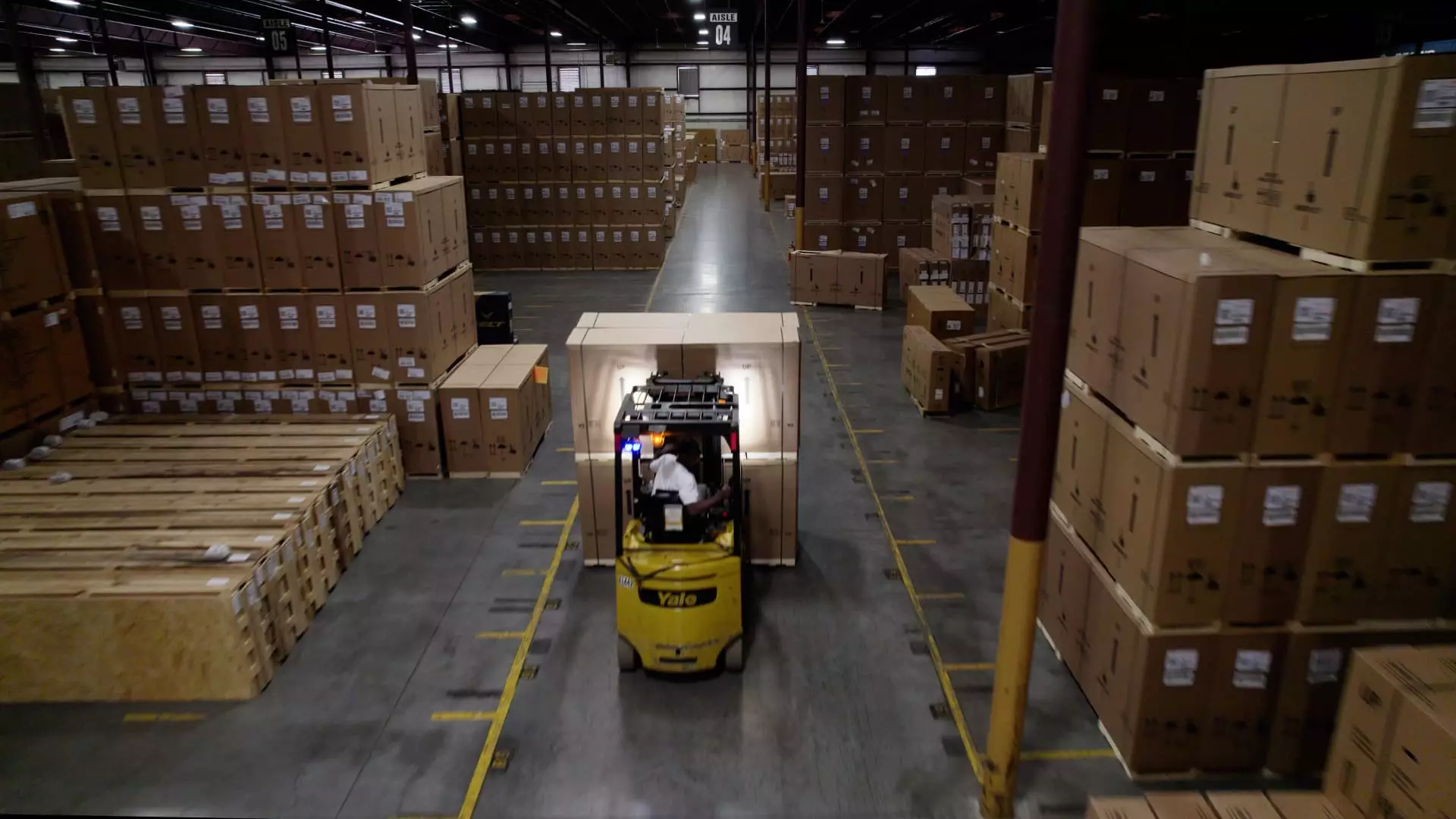In an era dominated by unpredictable tariffs and escalating trade tensions, companies are increasingly turning to sophisticated tools like Foreign Trade Zones (FTZs) and bonded warehouses to dodge the financial blow. While these mechanisms offer short-term relief, their widespread use reveals a troubling shift that could have long-lasting impacts on the economy’s integrity. These zones, historically created during dire economic times to stimulate trade, now function as legal facade for companies to defer or reduce their tax burdens. This strategic delay craftily manipulates the system but also hints at a deeper issue—an emerging fragility within our trade infrastructure that prioritizes immediate corporate gain at the expense of economic transparency and fairness.
What makes these zones particularly problematic is their capacity to create a “tariff bubble,” where products can be stored duty-free indefinitely or for up to five years in bonded warehouses. Companies import raw materials or semi-finished goods into these zones without immediate duty assessment. They assemble, modify, or reconfigure products while postponing duties until the goods leave the zone to enter the U.S. marketplace. While this legal loophole offers liquidity and cash flow advantages, it risks distorting market dynamics by incentivizing stockpiling and delaying tariffs, leading to unpredictable revenue streams for the government and potentially undermining the fairness of the competitive landscape.
The Illusion of Control and Its Economic Risks
The allure of FTZs and bonded warehouses is undeniable—companies preserve cash, avoid hefty upfront costs, and even re-export products without incurring duties, making these zones an attractive haven during turbulent trade times. Automakers like Ford and General Electric, along with pharmaceutical companies such as Pfizer, have utilized these zones to streamline production costs. Pfizer’s use of FTZs during COVID-19 illustrates how such zones can facilitate rapid response in emergencies, providing critical societal benefits. However, recent policy shifts—particularly Trump’s executive orders—have curtailed many of these advantages, notably restricting the use of inverted tariffs, which allowed companies to pay lower duties on finished goods rather than on raw inputs.
The elimination of this benefit exposes companies to rising costs and prompts a shift toward bonded warehouses. While these offer temporary reprieve, they introduce a new set of vulnerabilities. Companies now must contend with the risk that tariffs may decrease during storage, forcing them to decide whether to pay higher duties or hold back on releasing goods. This constant tug-of-war is a fragile balancing act that can impose significant financial instability and reduce market predictability. The reliance on these zones to manage cash flow underscores how much the modern economy has become dependent on legalistic loopholes—holes that, if exposed or closed, could unravel entire supply chains.
Long-Term Shadows: Undermining Fair Competition and Economic Sustenance
While the short-term corporate benefits are evident, the broader implications threaten to erode the integrity of our economic system. When businesses leverage these zones to delay duties or avoid paying taxes altogether, they contribute to a shrinking tax base, which in turn jeopardizes funding for public services and infrastructure. This systemic erosion cultivates a skewed playing field where large corporations, equipped with legal expertise, can game the system, leaving smaller, less resourceful businesses at a disadvantage.
Furthermore, the widespread use of FTZs fosters a climate of opacity and distrust. The public and policymakers alike are often left in the dark regarding the true flow of goods and revenues. It encourages a form of corporate geopolitics—where legality masks inequity—and diminishes the nation’s ability to collect fair taxes, ultimately weakening the social fabric that sustains a fair economy.
From a broader perspective, the over-reliance on trade zones as a survival mechanism indicates a deeper malaise—an economy that is increasingly driven by opportunism rather than genuine competitiveness. It exposes a cynical side of global trade that privileges loopholes over fairness, stability, and long-term growth. While these zones serve immediate needs during turbulent times, their proliferation without adequate oversight risks turning them into mechanisms for systemic exploitation, severely undermining the core principles of economic fairness and civic responsibility.


Leave a Reply